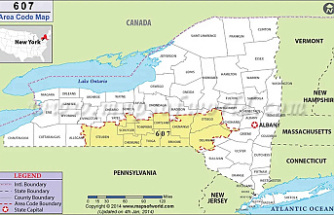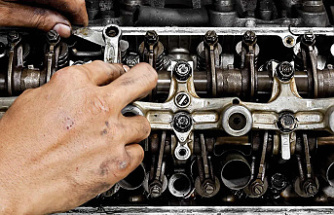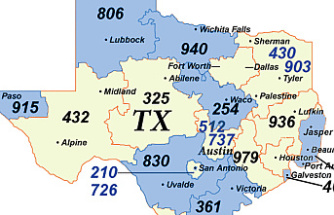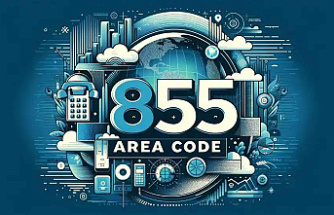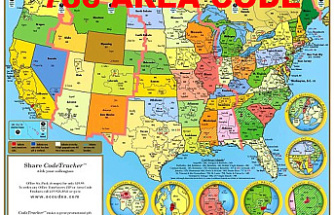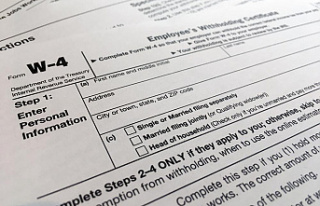Then, he wrestled with the officer about his Taser, before the officer shot him in Grand Rapids (Michigan).
Many Black men and women have experienced the death penalty for resisting arrest when confronted with police officers to make minor traffic stop. Experts warn that anxiety levels for both the officers and the people being stopped can be high. This adds to tension.
George Floyd's2020 murder by Minneapolis police officer Derek Chauvin, the 2014 strangulation death by New York City officers of Eric Garner and the shooting death by an officer from Ferguson, Missouri in the same year are just a few of the high-profile incidents that have proved fatal for Black men.
An employee of the store called police to report that Floyd had allegedly attempted to pass a fake $20 bill. Garner was stopped by police on suspicion of selling untaxed cigarettes. Brown and his companion were walking to Brown's house from a convenience shop when an officer approached them. After a brief scuffle with the officer, Brown was shot. All three men were unarmed.
Jason Johnson, president and CEO of the Law Enforcement Legal Defense Fund, stated that young men of color can feel anxious when pulled over by police officers because of how they are portrayed. "Am I going to be given a ticket?" Are they going to get arrested?" They might believe that they will be the victim of abuse. They may think they will be the victim of brutality when they get into these situations.
A white officer from Columbia, South Carolina pulled Walter Scott over for having a broken brake light in 2015. The incident was captured by a witness who recorded Scott falling to the ground when the officer used a Taser on him. Scott was then shot by the officer as he attempted to run.
Lyoya was killed because he had a license plate that didn't belong to his vehicle. This is according to Lyoya's family, as well as Ben Crump , their prominent attorney. Johnson stated that Lyoya was not killed because of this.
Johnson stated that Johnson believed it was one of the many misunderstandings or disconnects between police and the public. Johnson said that this is not the case. (Lyoya had many opportunities to follow the officer's instructions. The use of deadly force was not related to a traffic violation, but Lyoya actively resisting arrest.
Johnson said Lyoya's actions lead "down the path which ultimately ended in deadly force," Johnson further.
Grand Rapids police released video Wednesday of the April 4th stop.Including from the officer's vehicle, body camera and cellphone, as well as from a doorbell camera. These videos show a brief foot chaseand an argument as Lyoya is repeatedly told by the white officer to stop. Lyoya holds onto the stun gun of the officer at one point. The officer shouts at Lyoya to stop.
The officer shot Lyoya in his head while Lyoya lay facedown. Lyoya was straddling the officer.
Scott Roberts is the senior director of criminal justice campaigns and democracy campaigns at Color of Change. This national racial justice organisation said that officers often feel fearful about making stop. He said that Black motorists are often subject to traffic stop harassment because they express their legitimate fears.
Roberts stated that "looking at police culture, it is just this pushback against the notion that policing has been a tool for white supremacy and is rooted in white supremacy." There is also a denial that Black people would fear such things. When you make a pre-textual arrest, you have already made the person a criminal. You will assume that this is merely a confirmation of their guilt.
Roberts said that these dynamics have led to cities, prosecutors, and police to adopt policies that reduce or eliminate stops for minor offenses.
Paul Bergman, UCLA professor emeritus, stated that skin color and past experiences can influence how parties perceive interactions and confrontations between Black Americans, and White Officers.
He said that cultural narratives could lead both Black and white officers to foresee trouble when they stop a Black person.
Bergman asked Lyoya if he was more likely to be pulled under because he was Black. "If he weren't Black, would this constitute a lesser infraction? Would the officer believe he has better things to do?"
Lyoya failed to produce her driver's licence and attempted to flee the scene. Bergman stated that this likely raised suspicions among officers.
Lyoya might have also believed that fleeing was the best option, he stated.
Bergman suggested that he might be trying to escape from a dangerous situation. "Lawfully, it is expected that you comply with legal demands. If you feel it's illegal, then you can argue later. These arguments should be fought in court, not on the streets.
Amara Enyia is the policy and research manager for Movement for Black Lives. This coalition includes more than 150 Black-led organizations. She said that the fear Black motorists feel stems from generations of hostile relations with police.
Enyia stated that when a stop for license plates, broken taillights, or improper lane changes turns into violent arrests, the department will resort to outdated solutions like anti-bias training.
She said, "You have to wonder how many billions or billions of dollars it takes to train this kind of bias out someone." To survive in routine traffic stops, it is better to rely on the goodwill, altruism, and benevolence of police officers than make structural changes to the system.


